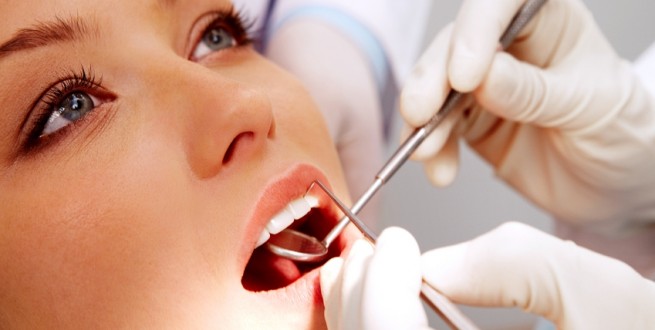
Periodontal disease (gum disease) is one of the most common medical conditions in the world. According to the American Dental Association, over half of all adults in the United States have some form of periodontitis. Patients who fail to have this condition treated could face a lifetime of oral health problems, and that is why everyone should be able to recognize some of the symptoms of this serious disease.
What Is Periodontal Disease?
Every human’s mouth is home to a mixture of good and bad bacteria. Daily hygiene habits such as brushing and flossing will remove a lot of the bad bacteria, but it is not always enough. Over time, the bacteria can cling to the teeth and begin attacking the enamel. This produces acids that will eventually inflame the gums, damage the soft tissue, and cause gum disease.
Untreated Gum Disease
Even in its earliest stages, gum disease is one condition that should never be taken lightly. Many patients believe that the discomfort is nothing more than an irritant, but the long-term consequences can be severe. Within just a short period, untreated periodontitis will attack every part of an individual’s mouth. Patients who fail to seek out professional help will increase their risk of tooth infections, permanent scarring on the gums, and even weakened bones.
Signs That You Need a Dentist
One of the first things that a dentist will look for during an average checkup is gum disease. The first side effects that will become apparent include minor bleeding and inflammation. Patients will often notice that their mouth is sore after eating or their teeth bleed every time that they brush. Others patients experience chronic bad breath due to the bacteria or unusual splotches on their gums.
Professional Treatment Options
Treating gum disease early on requires nothing more than professional teeth cleaning and prescription mouthwash from Periodontal Specialists or a similar clinic near you. For moderate periodontitis, a patient might need additional treatments such as oral antibiotics or an antibiotic gel. In the latest stages of this disease, patients often require an oral surgery such as a soft tissue or bone graft.
While untreated gum disease is extremely dangerous, this condition is actually quite easy to deal with in its earliest stages. Patients need to do nothing more than stick to their daily hygiene habits and schedule one to two dental appointments per year in order to reduce their risk of developing moderate to severe periodontal disease.

